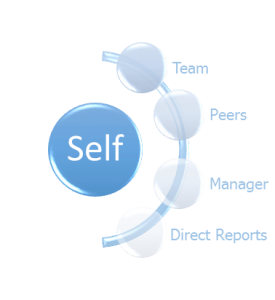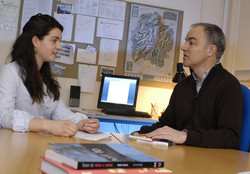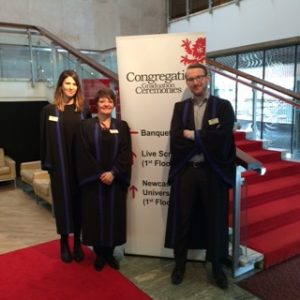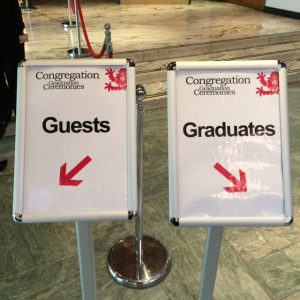Why do we use 360 degree feedback?
What do you think makes a good leader? Is it their technical knowledge, their ability, their interpersonal skills? Research continuously shows that it is the emotional and relational aspects of leadership and management (in other words, people skills) that are critical and that the self-awareness is often the one thing that differentiates between an ok leader and an outstanding one. Research also shows that a leader’s knowledge about themselves and the impact they are having on those around them becomes more important the more senior they get. This is where 360 degree feedback is really powerful as it offers leaders a “reality check”. They get to hear how colleagues view their performance and receive feedback on what their colleagues think they could do to improve.

So, how does it work?
360 degree feedback involves gathering and comparing feedback on an individual leader’s performance from others who work in more senior roles, equivalent roles and more junior roles around them (hence the “360 degree” in the title). Most typically it is the leader’s line manager, peers and direct reports that are asked to provide feedback but in some cases feedback is sought from colleagues in other areas of the organisation or from outside the organisation.
Often the process is based around an online questionnaire; the leader completes a questionnaire themselves (self rates) and then asks colleagues to do the same (others’ ratings).
It is important to remember that the results are anonymised. Once questionnaires are received a report is generated which allows a comparison between the differences in perception between the leader’s own self-rating and the ratings given by others. A skilled facilitator then takes the leader thorough the report to help them understand the results, identify the impact they are having and where they may need to change their leadership behaviour which then informs development conversations and activities. We use 360 degree feedback here at the university but for some of our senior leaders the feedback is not gained via an online questionnaire, but by highly skilled executive-level coaches who telephone/meet the leaders’ key colleagues and gather the feedback face to face. This summarised feedback, which is often rich in real life examples, is then collated into a report and shared face-to-face with the leader.

For leaders to develop, honest feedback is essential. Confidentiality throughout the 360 process is paramount and feedback is always themed and fed back anonymously. Many of our executives and leaders have told us that their 360 degree feedback exercises, whilst often not easy to do, have been the single, most powerful way that they have been able to reflect on their performance and develop their leadership impact. You can read some of their comments here
http://www.ncl.ac.uk/staffdev/leadership/tools/feedback/experience.htm
Lynne Howlett




